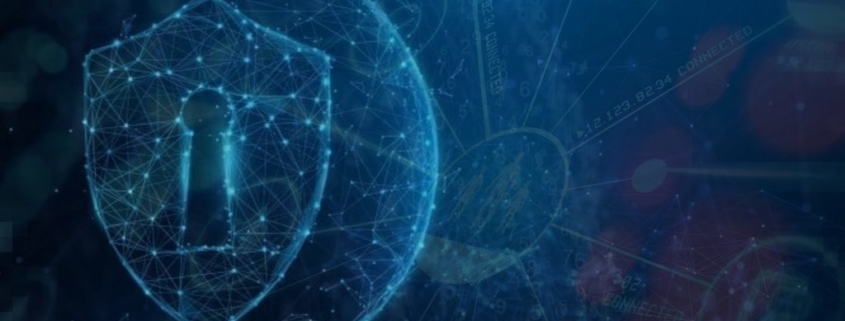What to Expect From NATO’s New Strategic Concept
As the leaders of the North Atlantic Treaty Organization nations prepare to meet this week in Madrid, I’m reminded of a call I received shortly after I became supreme allied commander at the alliance in 2009. It was from Secretary General Anders Fogh Rasmussen, and with the directness for which he was famous, he said: “Jim, I want you to work with Madeleine Albright on our new NATO Strategic Concept. We are on a short timeline, and it must be done right. Get in touch with her and give her all your support.”
I didn’t know Albright, who had been US secretary of state from 1997 to 2001, well. But, like pretty much everyone who did, I was in awe of her energy, good humor and drive. We contacted her team and set up an introductory call, and for the next year I was privileged to be part of her team creating a long-term strategy for the alliance, the first of the 21st century.
The result, “Active Engagement, Modern Defense,” was adopted at NATO’s 2010 summit in Lisbon. I still treasure my small, blue, battered pocket copy, signed by Albright. I literally carried it with me throughout the four years I led the alliance’s military operations.
As you would expect, the strategic concept reflected the times: It was full of references to counterterrorism, Afghanistan, the Balkans, counterpiracy and the other missions of the day. There are brief mentions of climate change and cyberwarfare, and China does not appear.
Perhaps the most ironic part of the 2010 strategy are the words: “NATO poses no threat to Russia. On the contrary: we want to see a true strategic partnership between NATO and Russia.”
While it is certainly true that NATO does not pose a threat to Russia, then or now, unfortunately, Russia under President Vladimir Putin certainly poses a threat to the alliance. Wars against Ukraine in 2014 and 2022 are testament to his ambition to dominate the Western approaches to his nation.
This week, for the first time since 2010, NATO will adopt and release a new strategic concept. Appropriately, this will occur again on the Iberian Peninsula, which juts into the broad ocean bridging the 30 members of the transatlantic alliance. What will the new strategic concept discuss, and…



